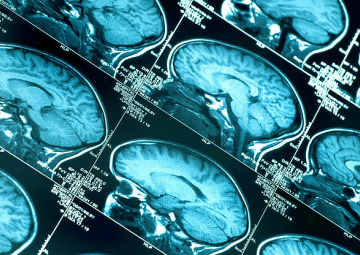Principal Investigators
Frans Verhey, Jan Lodder
Contact: Seb Köhler
School for Mental Health and Neuroscience,
Department of Psychiatry and Neuropsychology,
Maastricht University,
The Netherlands.
s.koehler@maastrichtuniversity.nl
Summary
| Country | Netherlands |
|---|---|
| Principal Investigators | Frans Verhey, Jan Lodder |
| Contact person (email) | Seb Köhler (s.koehler@maastrichtuniversity.nl) |
| Key publication/reference | Rasquin et al. Neuroepidemiol 2005;24:189–195 |
| Years in which study conducted | 2000-2001 (baseline) |
| Sample | |
| Size | 194 (of which 18 haemorrhagic stroke) |
| Population: Hospital/community |
Hospital |
| Selection: consecutive/random |
Consecutive |
| Admit with previous stroke? | No |
| Admit with TIA? | Yes |
| Age range | 40+ |
| Number of centres | 1 (University Hospital Maastricht) |
| Control group: number, population, selection | Maastricht Aging Study (n=750), population-based |
| Assessment | |
| Initial: Time and data collected/tests administered | Within 48 hours: CT, MMSE, MedHx |
| Detailed | 1m: NΨ |
| Subsequent (follow-ups) | 6m, 12m, 24m: NΨ |
| Stroke-related data | CT-related information |
| Functional tests/data | ADLs (Interview for Deterioration in Daily living activities in Dementia), Rankin scale |
| Other medical tests/data | VRF; APOE and ACE-I/D genotyping |
| Neuropsychological tests | Test battery, CAMCOG, MMSE |
| MRI scans, when and how many | No |
| PET scans | No |
| Psychiatric exams/diagnoses | Dementia (NINDS-AIREN, ADDTC), vMCI |
| Intervention trialled? | No |
CT=computed tomography scan, MedHx=medical history, VRF=vascular risk factors (hypertension, diabetes, atrial fibrillation, obesity, smoking etc.), NΨ=neuropsychological, TIA=transient ischemic attack, m=month, y=year




